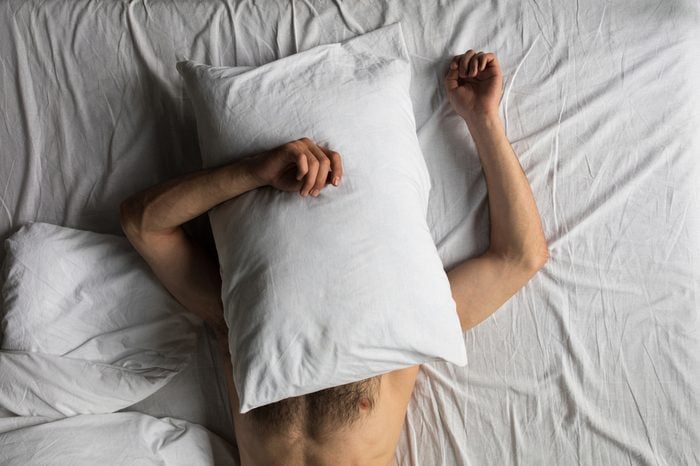
Elusive sleep
If it’s 2 AM and you’re reading this article in hopes of finding a solution to your endless tossing and turning, you’re not alone: Between 50 and 70 million U.S. adults suffer from some form of sleep disorder, including insomnia, according to the American Sleep Association.
Unfortunately, chronic sleep deprivation can have serious health consequences. One study published in the journal Sleep found that sleeping less than seven hours per night on a regular basis doubles your mortality risk and sleeping less than six hours quadruples your risk.
Americans spent $41 billion on sleep aids and remedies in 2015. “That’s more than they spend on any other ailment, making sleeplessness the biggest epidemic facing the nation today,” according to David Friedman, RND, a board-certified alternative medical practitioner in Wilmington, NC.
But there may be more to blame than your stressful lifestyle, graveyard shift work, or staying glued to your smartphone while lying in bed. “An often overlooked factor in sleep problems is a vitamin deficiency,” says internist Arielle Levitan, MD, co-author of The Vitamin Solution: Two Doctors Clear the Confusion About Vitamins and Your Health. “We need adequate levels of key nutrients to get good quality sustained sleep.” Following are some of the best-known vitamins and minerals that could help you get the ZZZs you need.
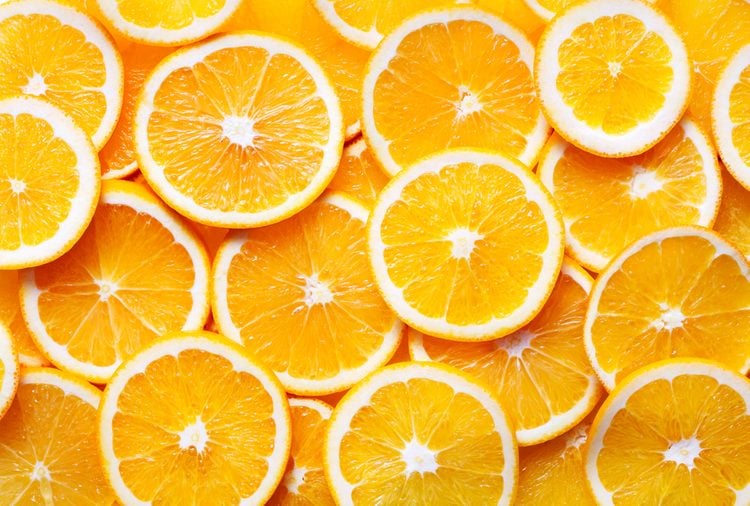
Vitamin C
$7.00
You probably already know of vitamin C’s importance to your immune system, but did you also know it’s vital to sleep? According to a 2014 study published in PLOS ONE, people who have low blood levels of vitamin C had more sleep issues and were more prone to waking up during the night. Of course citrus fruits are high in C—but these foods have more vitamin C than an orange. You could also pop a vitamin C gummy for extra assurance.
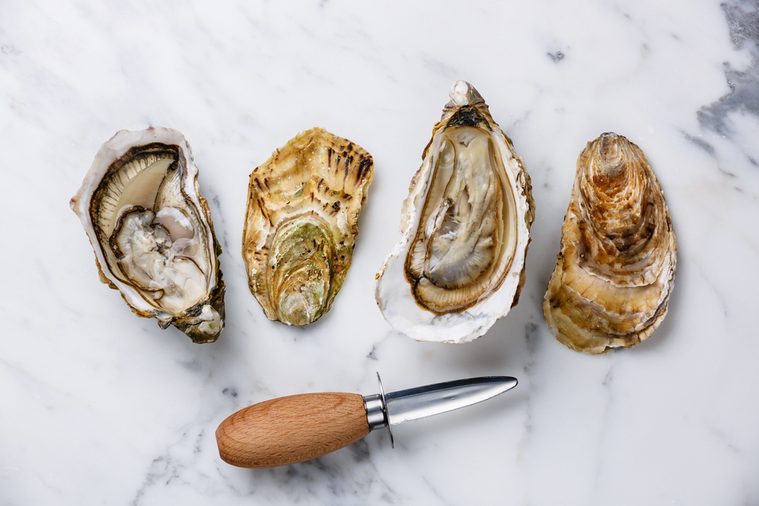
Iron
$27.00
Iron helps transport oxygen throughout your body, which is why a deficiency can leave you feeling fatigued. Remember how Popeye eats spinach and becomes strong and powerful? Yep, spinach is packed with iron. An iron deficiency has been linked to restless leg syndrome, a condition that causes uncomfortable sensations in the legs and an urge to move the legs when falling asleep. Dr. Levitan and her co-author, endocrinologist Romy Block, MD, say iron deficiency is common—particularly among women. If you have iron-deficiency anemia, you may need to take a supplement. You can also try to get more these iron-rich foods into your diet.
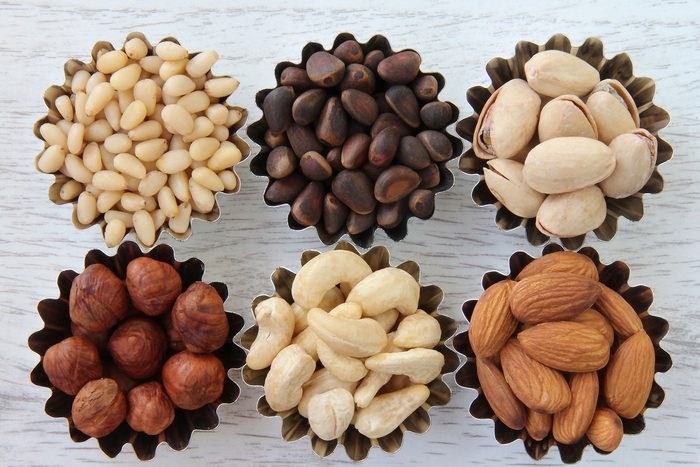
Magnesium
$16
This essential mineral assists your body in producing the sleep hormone melatonin. Magnesium also relieves muscle tension that can prevent restful sleep; it can even help ease tension by encouraging production of an amino acid known as GABA, which that relaxes the nervous system. Carolyn Dean, MD, ND, a medical and naturopathic doctor in Kihei, HI, estimates that more than 75 percent of Americans aren’t getting the recommended dietary allowance (RDA) of magnesium. Dr. Dean recommends aiming for a 600 mg dosage via a magnesium citrate powder that you can dissolve in water. However, you shouldn’t supplement if you have kidney failure or an excessively slow heart rate, she says; instead, enjoy foods with higher magnesium content, such as green leafy veggies, pumpkin sesame seeds, and Brazil nuts.
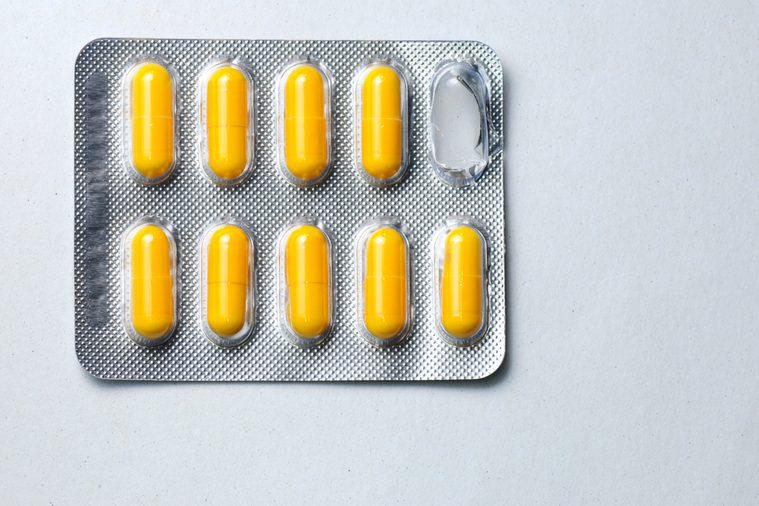
Vitamin B12
$13
Vitamin B12 keeps the body’s nerve and blood cells healthy and helps the body create energy. Dr. Levitan sees many patients—particularly vegans, vegetarians, and older adults—who are deficient in vitamin B12. Low vitamin B12 levels can cause fatigue, sleep disturbances, numbness and tingling, and other symptoms.
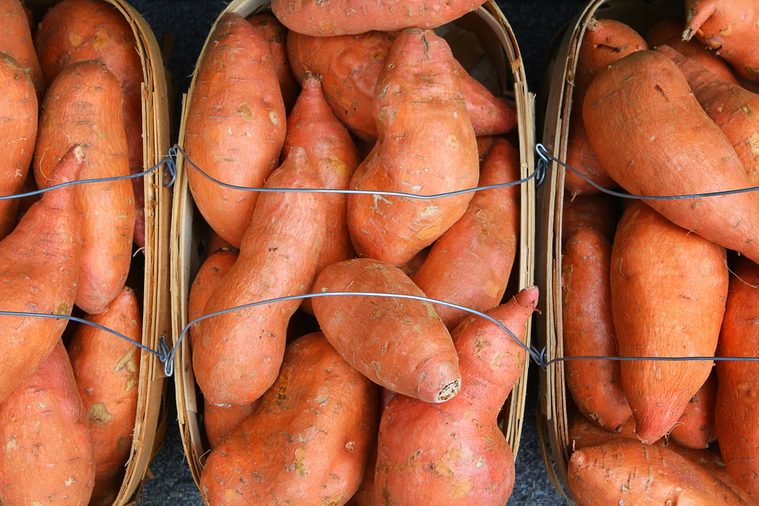
Tryptophan
$17
L-tryptophan is an essential amino acid—your body uses amino acids to build proteins. You need tryptophan to make niacin, a B vitamin vital to serotonin, which is a neurotransmitter that helps produce healthy sleep patterns. Since your body cannot make tryptophan on its own, it must come from your diet (foods such as eggs, poultry, chia seeds, and sweet potatoes) or supplements. Tryptophan-rich foods aren’t the only ones that may help you sleep better—try a few of these sleep-supportive bedtime snacks.
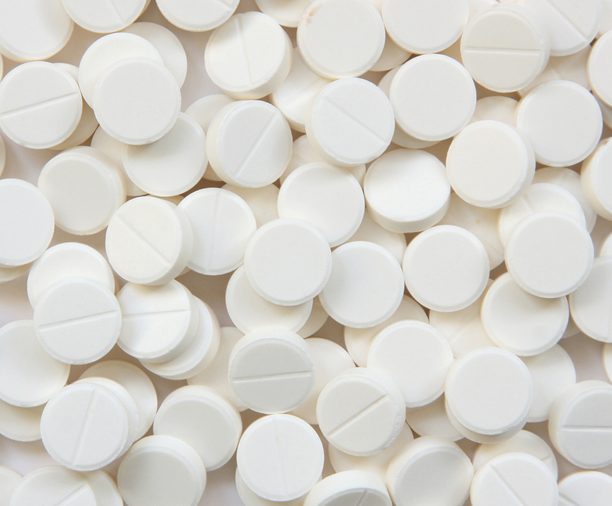
Melatonin
$9
At night, the pineal gland of the brain produces a hormone called melatonin. Melatonin helps regulate the body’s day/night circadian rhythm, including the timing with which other hormones are released. Research suggests that taking a melatonin supplement can help you get your beauty rest. Dr. Friedman recommends starting with a low 1 mg dose and says it’s crucial to time it right for your sleep pattern: If you are able to fall asleep, but have a hard time staying asleep, try taking a controlled-release formulation 30 minutes before going to bed; if you have a hard time falling asleep, a better option is a quick-release sublingual or liquid form, taken an hour before bed. If you wake up in the middle of the night, don’t take melatonin to go back to sleep, as this will throw off your internal clock. Find out a few more things you should know before taking melatonin.
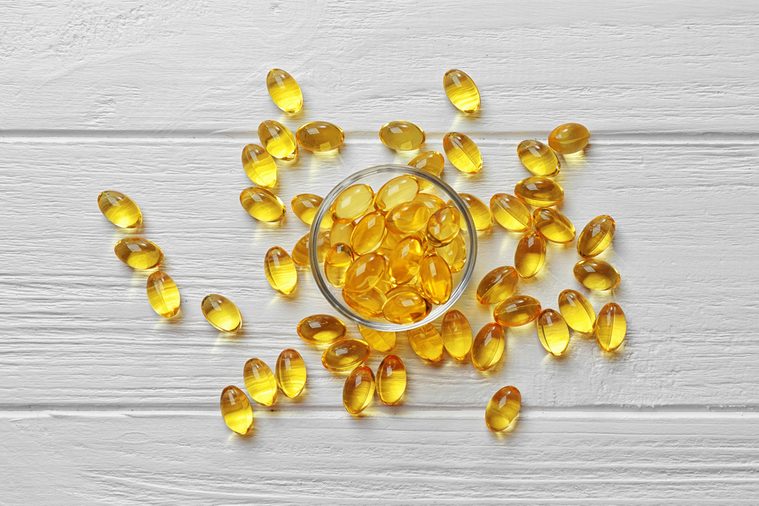
Vitamin D
$15
Research suggests there may be a link between low levels of vitamin D. and poor sleep quality. The Food and Nutrition Board’s recommended intake for the vitamin is 600 IUs daily; however,Your body can only produce this fat-soluble vitamin when sunlight hits your skin, and it’s difficult to get enough from food and Dr. Levitan and Dr. Block find many patients need higher doses to maintain normal serum levels. It’s important to talk with your doctor about your individual nutrient needs, as too much vitamin D can lead to constipation, nausea, vomiting, and kidney stones.
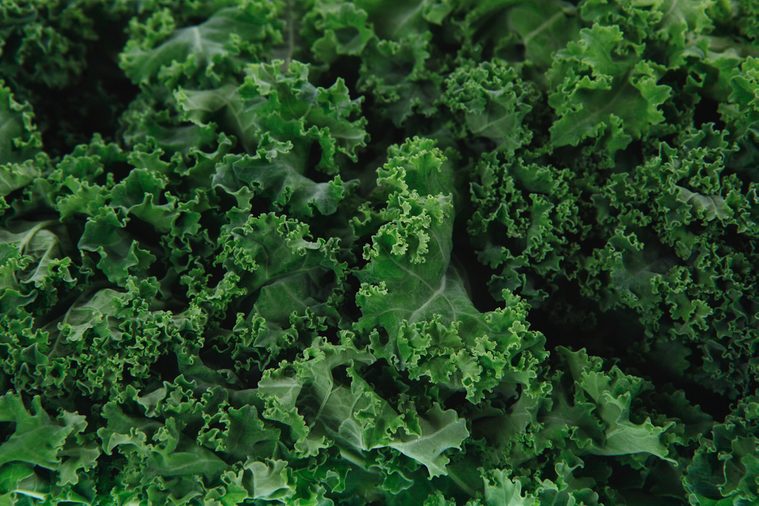
Calcium
$35
A study in The Journal of Sleep Research that found calcium deficiency could disrupt the dream cycle of sleep known as rapid eye movement (REM). When the researchers brought calcium levels up to normal, the volunteers regained normal REM sleep. You can get the mineral from dairy or you can also eat more foods like kale, mustard, collard greens, sardines, and sesame seeds to boost your calcium intake. The National Institute of Health (NIH) intake recommendations are 1,000 mg for adults ages 19 to 50 and 1,200 mg for those 51 and older. If you’re not meeting that amount, you may need to take a supplement to make up the difference.

Omega 3s
$29.97
Omega 3s are healthy fats that known for their many benefits to heart and brain health. Some research has also linked omega-3 supplementation with better sleep. Fatty fish like salmon have a lot of omega-3s—but if you’re not a seafood fan, try these seven omega-3 foods that don’t include fish.

